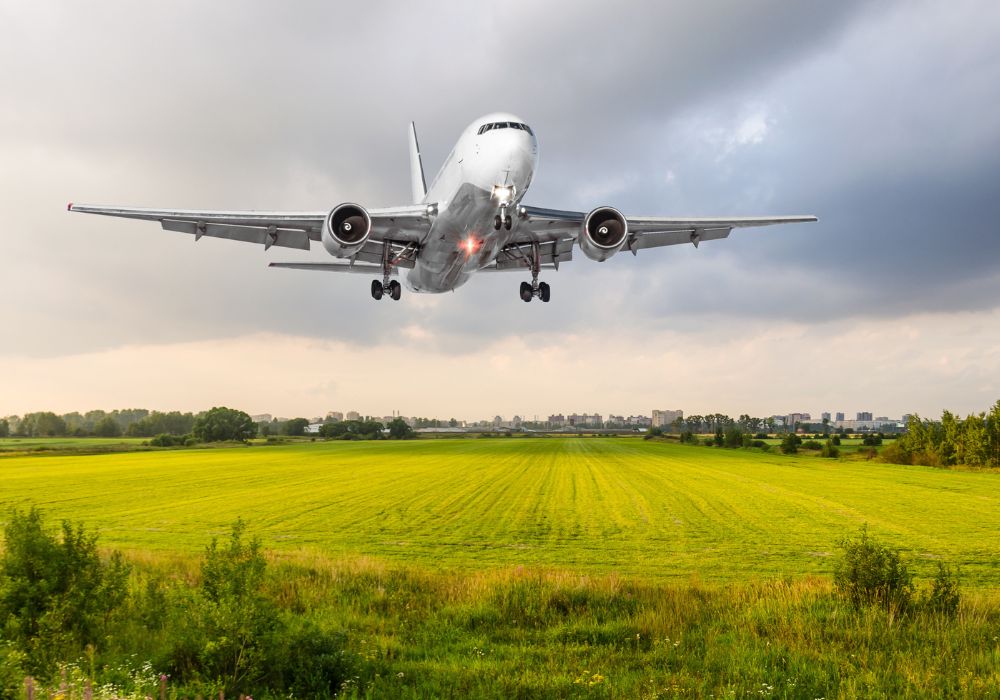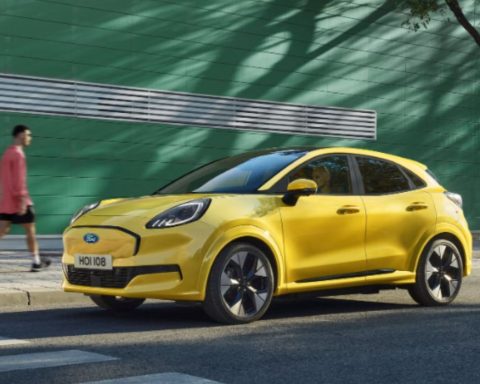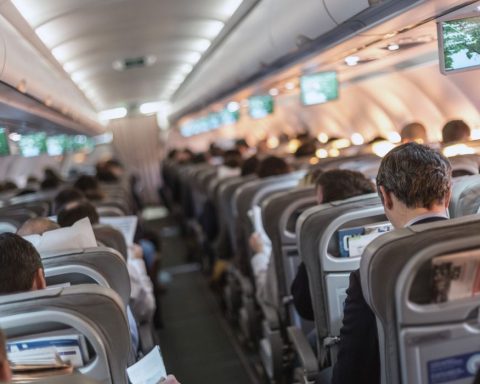A wave of anti-“greenwashing” litigation is seeking to hold major players in the aviation industry to account for sensational claims of being sustainable, low-carbon or contributing to net zero. While the industry has faced legal backlash in the past, the dramatic proliferation of these cases may spell disaster for major airlines.
It’s not hard to see why the aviation industry has provoked the ire of climate activists. Flying is responsible for a staggering 5% or so of human-induced global warming and its climate impact is still growing at a rate far greater than almost any other sector.
In this context, a profusion of “green flying” and “sustainability” advertising campaigns has turned the industry into an emblematic example of the debate between growth and sustainability.
Why greenwashing?
The rise in greenwashing litigation can in part be attributed to the relative ease with which cases can be brought. It’s simply a lot easier to attack an airline’s advertising compared to other activities that might be targeted by strategic climate litigation.
Consumers can use legal mechanisms such as commercial practice or consumer protection regulations, as happened in a recent greenwashing complaint to the European Commission filed by consumer groups in 19 countries against 17 airlines.
It’s an effective form of climate action due to the power exerted by advertising on public perception and social norms. The UN’s Intergovernmental Panel on Climate Change (IPCC) has underscored the importance of reducing demand for flying in the first place, something significantly hindered by adverts that downplay its environmental impact.
A report by Greenpeace and think tank the New Weather Institute claimed that in 2019 airline advertisements influenced 34 million tonnes of CO₂ equivalent emissions worldwide.
This litigation is also buoyed by the demonstrable falsehoods that riddle the sustainability strategies of these companies. The pillars upon which their net-zero strategies rest vary from the broadly ineffective to the dangerously fraudulent and facilitate growth in a sector in dire need of reduction.
Airlines all rely on some form of carbon offsetting – planting trees, for instance, to “offset” the carbon emitted by the planes – or sustainable aviation fuel or carbon capture and storage, in order to “mitigate” their climate impacts.
Common litigation strategies
Thus far, there have been six climate change-related cases brought against major airlines (four in Europe, one in the US and one in Brazil). These cases are buttressed by numerous legal complaints taken through the European Commission or the UK and US advertising standards boards which have already successfully ordered Ryanair, Lufthansa and Etihad to pull ad campaigns.
In each of these three cases, authorities found that terminology like “protecting the future”, “sustainable aviation” or “low-emissions airline” amounted to wilful misleading of consumers and breached advertising regulations.
A recent case taken by Dutch campaigners against airline giant KLM is the most daring example yet. Climate action group FossielVrij (Fossil-free) argues that KLM’s “Fly Responsibly” campaign constitutes misleading advertising under EU consumer law.
The group asserts that flying responsibly is impossible at present, and that KLM seeks company growth and increased flight sales, when it should be reducing emissions by reducing the number of flights. KLM said its “communications comply with the applicable legislation and regulations”, but has dropped the Fly Responsibly campaign.
Interestingly, this case builds upon a ruling of the Dutch Advertisement Code Commission and indicates the “snowballing” trend inherent in anti-greenwashing litigation, wherein cases rely upon precedent set by previous authorities. With this borne in mind, the recent 19-country complaint by the European Consumer Organisation could provide the strongest foundation to date for future litigation.
Delta Airlines is also facing a class action suit in the US, brought by a California resident who alleges that by marketing itself as a “carbon-neutral” Delta has grossly misrepresented its environmental impact. This points to a growing understanding of the ineffectiveness of carbon offsetting, a net-zero tactic adopted by almost every major airline.
A Delta spokesperson said the case is “without legal merit” as the airline has “transitioned its focus away from carbon offsets” towards decarbonising its own activities. European companies should follow this case closely as American-style “class action” litigation will soon be made possible in the EU.
Does this litigation have teeth?
These cases might result in companies simply pulling their green campaign while maintaining their existing corporate framework and growth models. More promisingly, recent research suggests that any climate-related case taken against a major emitting company will affect the firm’s value (on average by 0.057% following the filing of a case, and by 1.5% following an unfavourable decision).
In reality, these early cases are merely scratching the surface of what’s possible. Once these cases enter the public conversation, a growing understanding of consumer protection is bound to follow.
In many jurisdictions, such as my home country of Ireland, significant damages can be awarded against companies for misleading advertisement. The UK’s Competition and Markets Authority, which is currently investigating claims of greenwashing in other sectors, will soon be able to fine companies 10% of their global turnover for non-compliance.
While anti-greenwashing litigation might not halt the growth of this industry altogether, it is no doubt an invaluable tool. At its most effective, it can stop blatant profiteering from the climate crisis and force the aviation sector to confront the chimera that is green growth.
PhD Candidate, Climate Litigation, University College Dublin.
This article is republished from The Conversation under a Creative Commons license. Read the original article.







